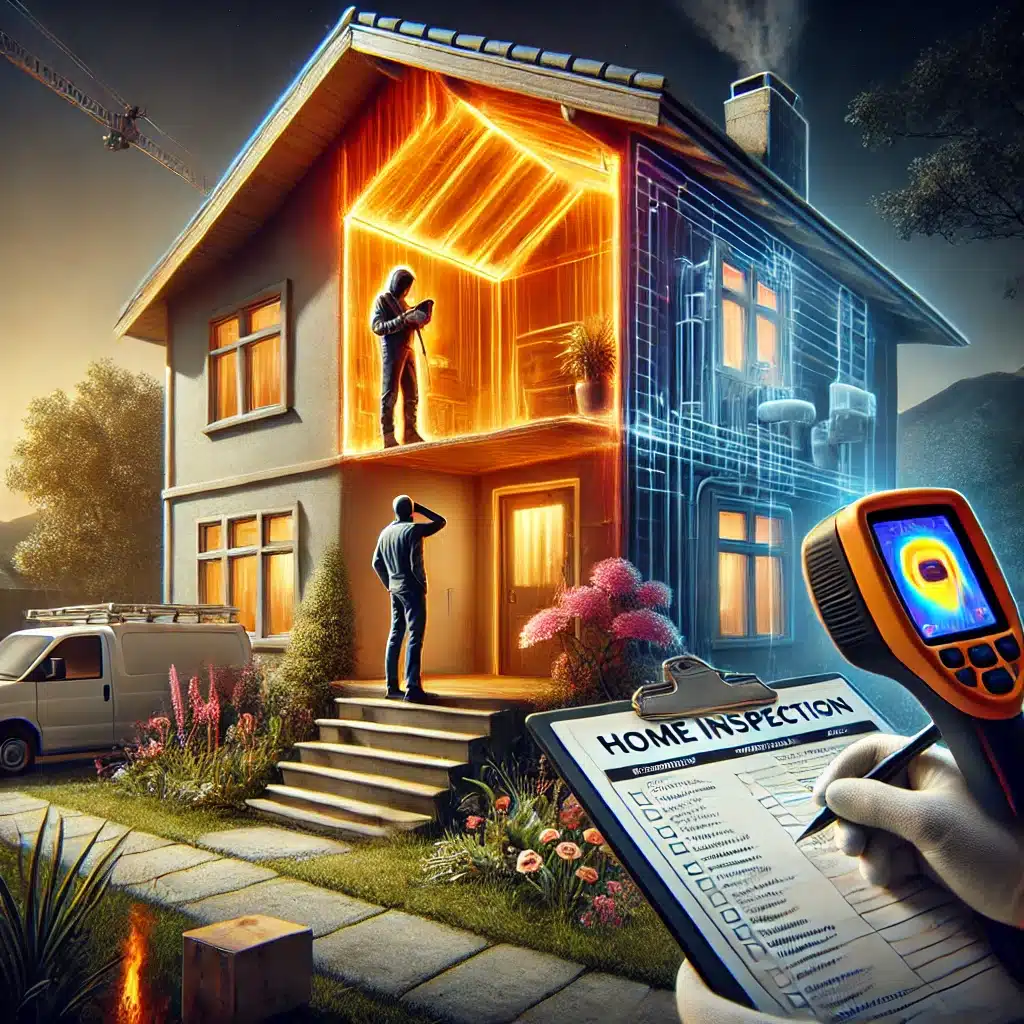Phone:
(727)358-0489
Physical address:
13604 101st Terrace
Seminole, FL 33776

Buying a home is thrilling, isn’t it? The idea of having a place to call your own, decorating each room just the way you like, and finally putting down roots—it’s a huge step in life. But before you get too swept up in the excitement, there’s one essential thing you shouldn’t overlook: the home inspection.
You might be wondering, “Why do I need a home inspection? The house looks fine to me!” It’s easy to think that if everything appears in order on the surface, you’re good to go. However, a home inspection is like peeling back the layers of an onion—revealing what’s hidden beneath. And trust me, what you don’t see can definitely hurt you.
Let’s start with the basics. The home buying process is full of steps—browsing listings, attending open houses, making an offer, and finally, signing the paperwork. It’s easy to get caught up in the whirlwind of it all. But right in the middle of all this, after your offer is accepted but before you seal the deal, comes the crucial step of the home inspection.
Think of it as a reality check. The home inspection gives you a clear, unbiased look at the property’s condition. It’s your chance to discover any hidden problems that could turn your dream home into a nightmare.
A home inspection isn’t just a quick once-over. Inspectors are trained professionals who methodically go through various aspects of the home, checking for potential problems. Here’s a peek at what they typically examine:
You might be thinking, “Isn’t a home inspection just another added cost?” It’s true that inspections can cost anywhere from $300 to $500, depending on the size of the home and your location. But consider this: wouldn’t you rather spend a few hundred dollars now to avoid thousands in repairs later? In the grand scheme of things, a home inspection is a small price to pay for peace of mind.
It’s not just buyers who benefit from home inspections—sellers can, too. By getting a pre-listing inspection, sellers can address any issues before putting their home on the market. This not only speeds up the selling process but can also justify a higher asking price. Plus, it shows buyers that you’re transparent and proactive, which can make your home more attractive in a competitive market.
This is where many buyers start to panic. But take a deep breath—it’s not the end of the world. Finding problems during a home inspection doesn’t mean the deal is off. In fact, it’s an opportunity. You can negotiate with the seller to either fix the issues or lower the price. Some buyers even use the inspection results to get a better deal on the home, which can be a significant win.
Skipping a home inspection might seem like a good way to save money or time, but it’s a gamble that can have serious consequences. Without an inspection, you’re essentially buying the home blind, with no idea of what you’re really getting. And if major problems arise after the sale, you could be left with expensive repairs that you didn’t budget for.
Not all home inspectors are created equal. When choosing an inspector, look for someone who is certified by a recognized organization like the American Society of Home Inspectors (ASHI) or the International Association of Certified Home Inspectors (InterNACHI). Ask about their experience, especially with homes similar to the one you’re buying, and check out reviews or testimonials from previous clients.
The home inspection industry isn’t standing still. Technology is playing an increasingly significant role, with inspectors using tools like thermal imaging cameras and drones to get a better look at hard-to-reach areas. In some cases, remote inspections are becoming an option, offering more flexibility for buyers and sellers.
At the end of the day, getting a home inspection is about protecting your investment and ensuring that your new home is truly the safe, comfortable place you’ve been dreaming of. It’s a small step that can make a huge difference in your peace of mind and financial security. So before you close the deal on your new home, make sure you’re not skipping this crucial step.